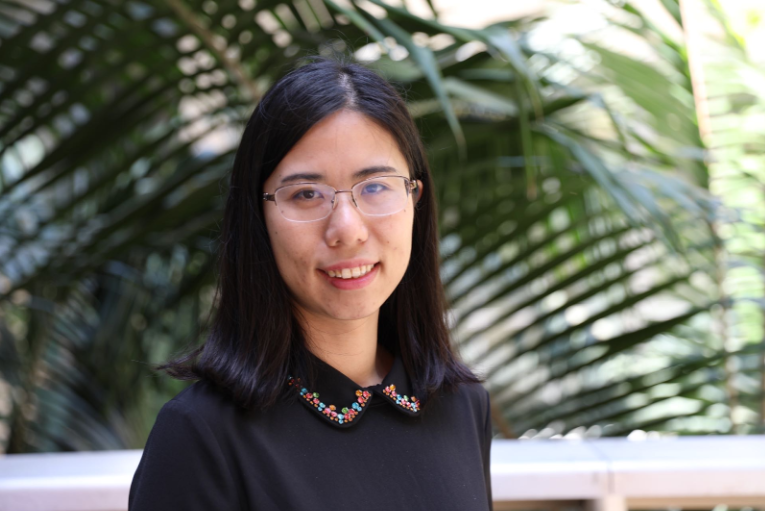Leixin Ma
Arizona State University
Seminar Information
Engineering Building Unit 2 (EBU2)
Room 479
Seminar Recording Available: Please contact seminar coordinator, Jake Blair at (j1blair@ucsd.edu)

Traditional engineering structures are made of rigid structures with simple geometry, such as ship hulls and wind turbine blades. In contrast, recent advancements in manufacturing open the door to designing and manufacturing soft structures with programmable and unconventional functionalities. An optimal and efficient design of these soft structures interacting with external loads, such as fluids, remains challenging. In this talk, I will discuss how a combined physics-based modeling and machine-learning approach can help tackle the challenges.
The key challenges involve the extraordinarily large structural design space and large structural deformation that are not amenable to conventional analytical tools. I will introduce a symmetry-constrained machine learning technique, combining Variational Autoencoder and Bayesian Optimization, to design soft composite shells of targeted functionalities. These soft composites – without rigid springs and hinges - are manufactured by combining kirigami and pre-stretch and can be scalably fabricated on a 2D plane. Despite fully planar fabrication, they can be programmed to assume a prescribed 3D shape without any external stimulus. We extended the design to structures with multistability. We demonstrate its effectiveness using soft grippers that gently grasp delicate objects of different shapes and sizes.
Furthermore, we explore the snap-through buckling process of these bistable structures driven by fluid flows, modeling the fluid-structure interaction coupling via the Arbitrary Lagrangian-Eulerian method. We find additional design factors, such as the Cauchy number, must be considered when these soft bistable structures interact with fluid flows. A predictive model for the dimensionless strain energy as a function of the Cauchy number is proposed. We also find that bistable structures exhibit larger steady-state deformation than mono-stable structures in the same flow conditions. The research could provide insight into designing morphable marine energy devices and lightweight bioinspired propulsion systems.
Leixin Ma is an assistant professor in the Mechanical and Aerospace Engineering program at Arizona State University. She was a postdoctoral fellow in the Department of Mechanical and Aerospace Engineering at UCLA. She received her BSc in Naval Architecture & Ocean Engineering from Shanghai Jiao Tong University in 2015, an S.M. degree, and a Ph.D. degree in mechanical engineering from MIT in 2017 and 2021, respectively. Her research interest is in developing physics-constrained data-driven approaches to study fluid-structure interaction and mechanics problems. She received the Ho-Ching and Han-Ching Fund Award from the MIT Office of Graduate Education in 2019 and the Early Career Fellowship in the Gulf Research Program from the National Academies of Sciences, Engineering, and Medicine in 2024.
